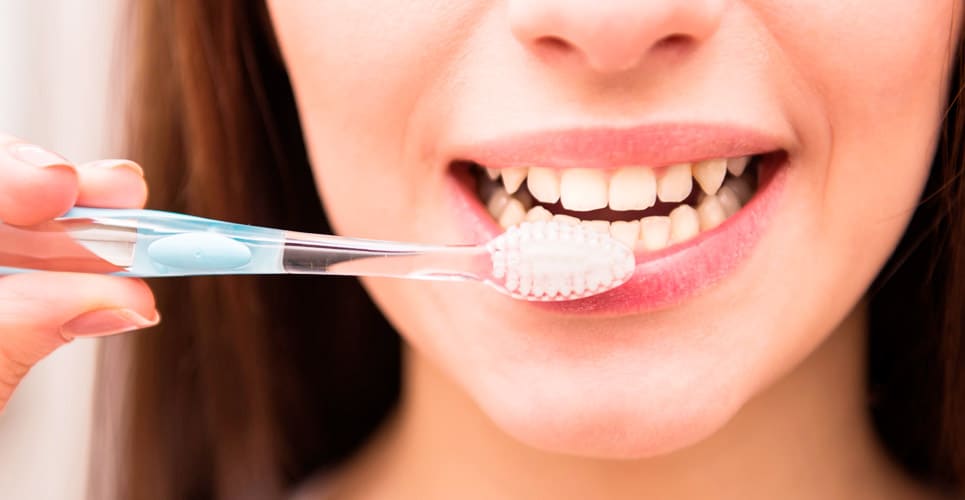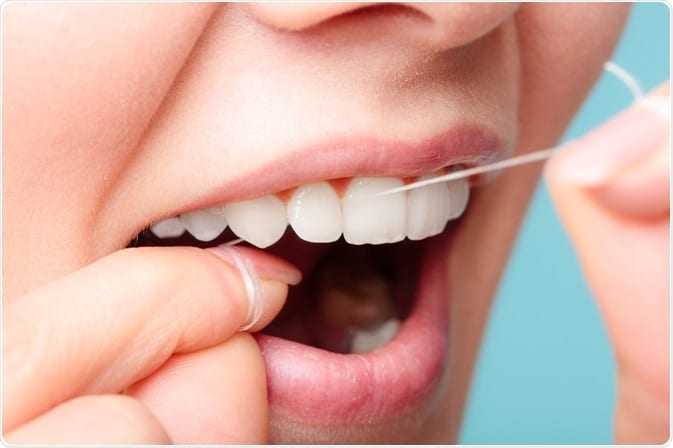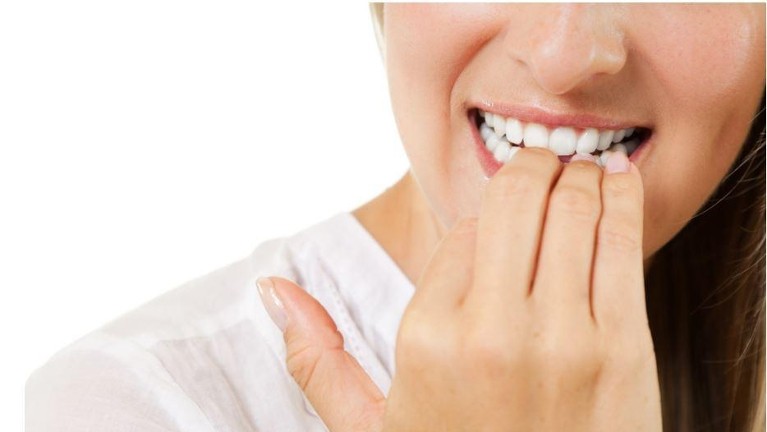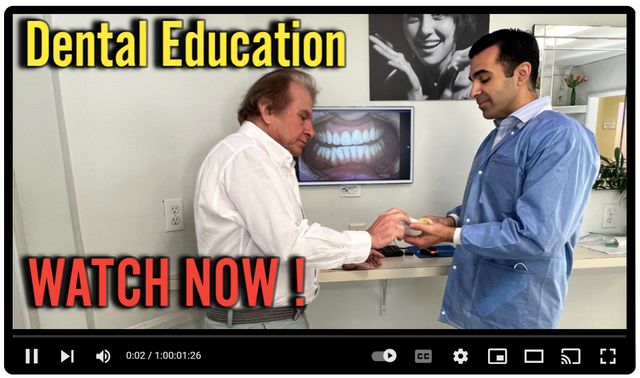When it comes to dental health, most people think about white teeth and a lack of cavities. But it’s more than that. Your oral health contributes greatly to your body’s overall health. And to achieve that, you need to go beyond just brushing your teeth and develop an oral hygiene routine that you can follow for the rest of your life. This includes a combination of the right dental care products and effective habits. Not taking good care of your teeth will cause plaque accumulation that can lead to more serious conditions like diabetes and cardiovascular diseases. These are all problems you can avoid by following a simple routine and here we will give you just that. The best dental care guide you can easily follow.
 Brush Your Teeth
Brush Your Teeth
The most obvious step is brushing. You need to brush your teeth at least twice a day, once in the morning and once before bedtime. Brushing your teeth will help remove the bacterial plaque that can cause tooth decay and numerous periodontal diseases. But for it to be effective, you need to use the right tools and techniques.
Brushing too aggressively or using hard-bristled toothbrushes can only hurt your teeth and make them more sensitive. The American Dental Association (ADA) suggests using a soft-bristled toothbrush and changing it every 3 months.All the better if the toothbrush has a special tongue cleaner. For your toothpaste, choose one that contains the recommended 1350-1500 ppm of fluoride.
To brush your teeth efficiently, hold your toothbrush at a 45º angle pointed toward your gum line. Apply slight pressure and brush your teeth in circular motions starting from the back to clean the vulnerable hard-to-reach areas. Cover each quadrant of your mouth for about 30 seconds and make sure to brush the inner, outer, and chewing surfaces of your teeth. Then move on to your tongue because if left unclean, it can lead to bad breath and other oral health problems. Don’t rinse your mouth right after you’re done brushing because that will wash away the fluoride that’s there to protect your teeth. Spit instead.
One more thing that is considered in the best dental care guide is your toothbrush holder. According to the National Sanitation Foundation, your toothbrush holder is among the top household items occupied with germs. So make sure to wash it at least once a week.
Get Enough Fluoride
Although most toothpastes and mouthwashes contain fluoride, there are some that don’t and you may not be receiving enough of it. Fluoride is a natural mineral that can prevent cavities and help strengthen teeth. Research shows that an oral hygiene routine without fluoride cannot prevent cavities from forming. That’s why it’s added to the water supplies of many areas throughout the US. You can check in with your local government to learn more about fluoride levels in your water.
If you’re not sure about whether you’re receiving enough fluoride or not, talk with your dentist to determine your fluoride requirements. The dentist might suggest you take fluoride supplements or prescribe certain products.
Don’t Forget to Floss
According to both ADA and CDC, flossing is a must in any oral hygiene routine and the best dental care guides always mention it. Brushing is only about%60 effective because a toothbrush cannot reach between your teeth, especially if they’re very close together. By flossing, you can remove the bacteria trapped between your teeth, stimulate your gums, and reduce inflammation in those areas. That’s why flossing is just as important as brushing and you have to do it at least once a day.
To do this efficiently, take 18 inches of dental floss, wrap the ends around your fingers and place it between your teeth. Curve it around one tooth and gently move it in a rubbing motion to get the debris out. Continue one tooth at a time and make sure to floss your back teeth as well.
If you find it too hard to use traditional flosses, there are easier alternatives at drugstores like ready-to-use flossers and floss picks. These tools can be especially helpful for children and older people.
Use Mouthwash
Mouthwash is optional in your oral hygiene routine but the best dental care guide includes it as a complement for fighting oral health problems and bad breath. By using mouthwash you can destroy more bacteria and prevent plaque from forming. It’s also a great option for children and older people who might not follow a thorough oral hygiene routine. All you need to do is rinse your mouth for around 30 seconds with the mouthwash and spit it out.
Make sure to choose a mouthwash that gives you the most benefits. If you’re not sure which one is the best option for you, visit adentistand ask for recommendations based on your specific needs. If you live in Los Angeles, you can reach out to Dr. Kezian who is an award-winning cosmetic dentist with over 3800 hours of continuing education and can help you decide on the best mouthwash for your individual condition.
Watch Your Diet
Although your diet has to include a variety of foods, you should limit your intake of sugar and starch. Based on recommendations from the World Health Organization (WHO), sugary foods should take up less than 10% of your daily diet. Research suggests that bringing this number down to 5% can prevent more cavities from forming because less sugar is converted into acid and can’t destroy your enamel. So try to eat less chips, crackers, cookies, dried fruits, and ice cream. Processed foods may also have added sugar and are not only bad for your oral health but your overall health. Soft drinks, alcohol, coffee, and tea are among the bad drinks for your teeth that you should be mindful of. So try to limit these foods as much as possible.
What should you eat instead? You can replace the potato chips with crunchy vegetables and the ice cream with fresh fruits. This way you will not only protect your teeth but provide your body with a rich supply of fiber. Instead of harmful sugary drinks, try to drink more water. Not only will you stay hydrated throughout the day and avoid a dry mouth and more oral bacteria, but your overall health will improve too. Plus, drinking a glass of water after every meal will wash away some of the food remnants until you brush.
 Break Bad Habits
Break Bad Habits
Along with things you should do in your oral hygiene routine, there are things you should stop doing. The most important one is smoking. Apart from the adverse effects smoking has on your health, it can stain your teeth, cause bad breath, increase your risk of gum disease and oral cancer, and slow down the process of healing after dental procedures.
Another bad habit you should give up is brushing your teeth right after eating something acidic. Acidic and sugary foods and drinks like citrus fruits and sodas will soften your enamel and if you brush your teeth right afterward, you can spread this acidity, remove some of your enamel, and leave your teeth more vulnerable. So wait 30 minutes to an hour before reaching for your toothbrush. If you choose to have an acidic drink, try using a straw and don’t sip it little by little.
Other bad habits you need to be mindful of include brushing your teeth too aggressively,grinding your teeth, using them for opening bags and bottles, and biting your nails.
Visit a Dentist
Even if you follow the best dental care guide and have a perfect oral hygiene routine, you still need to visit your dentist regularly. You should plan a checkup every 6 months, more if your dentist thinks you need it or if you notice a difference in your oral health. So try to get familiar with your mouth to be able to detect any abnormalities like cuts, spots, and swellings. You should do this especially if you’re a smoker because you have a higher risk of oral cancer.
During your visits, the dentist will perform a routine examination, looking for cavities and other problems, clean the plaque and hardened tartar from your teeth, and decide when your next visit needs to be.
So Follow the Best Dental Care Guide and Improve Your Oral Hygiene Routine
By using this guide and developing an oral hygiene routine that you can easily follow on a day-to-day basis, you can improve your oral health and your overall health. For making sure that your oral hygiene routine is actually working, you need to visit a dentist near you. A dentist you can have an open conversation with, comfortably ask your questions from, express your concerns about your oral health and what you want to achieve.
How can I find a good dentist near me in Los Angeles that I can trust?
Well, if you live in Los Angeles, Dr. Kezian is your best bet. Graduated from the UCLA School of Dentistry, Dr. Kezian and his dedicated team are ready to address all your dental concerns and help you improve your oral hygiene routine based on your individual needs. So call the office of Dr. Kezian today to get the best dental care anyone can ask for.
Dr. Arthur A. Kezian DDS
443 N. Larchmont Blvd
Los Angeles, CA 90004
(323) 467-2777
http://www.drkezian.com
References:
- American Dental Association –Home Oral Care
- Centers for Disease Control and Prevention–What Can Adults Do to Maintain Good Oral Health?
- WebMD–Your Oral Health Care Plan

